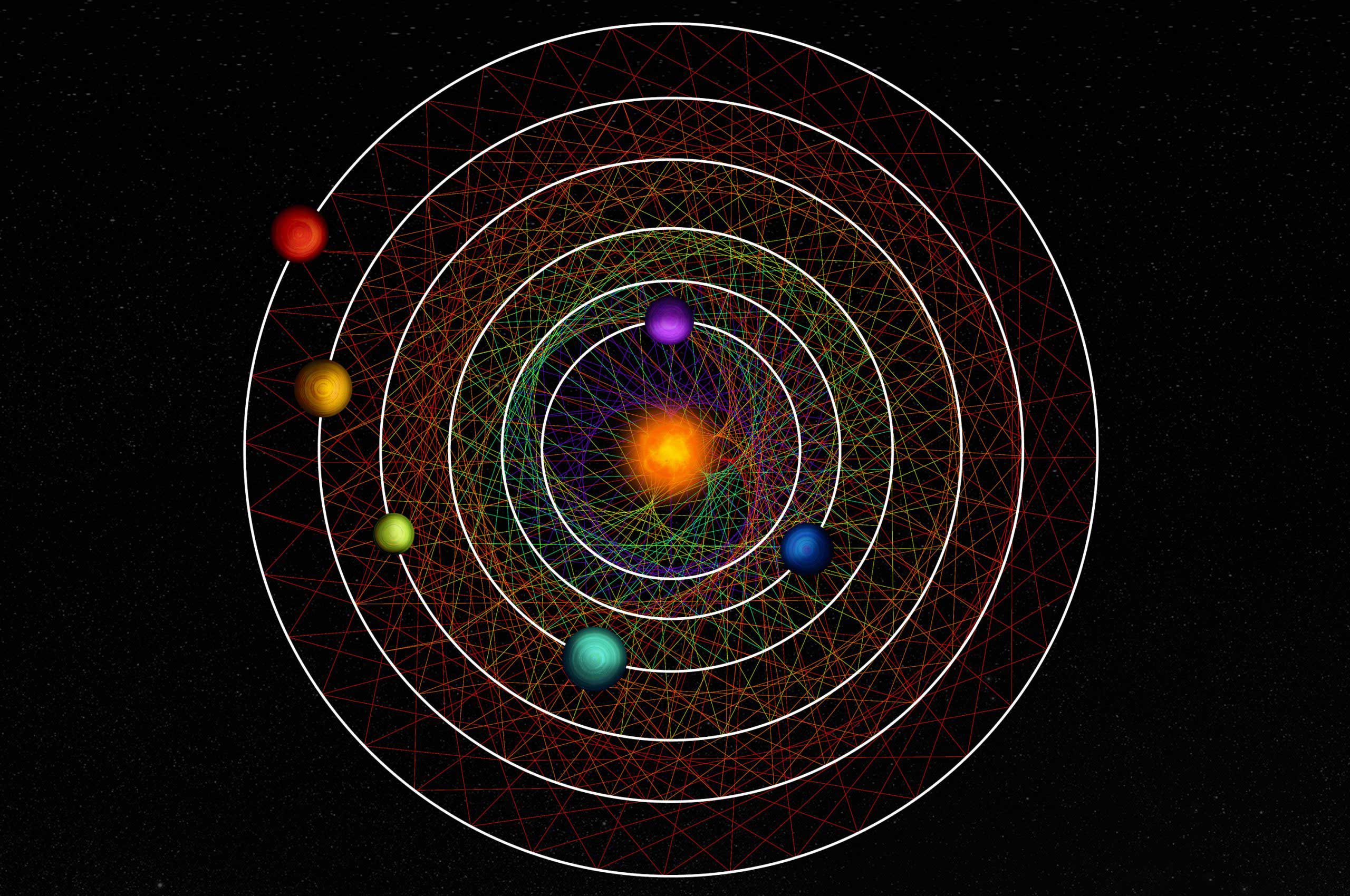Workshops are selected by the ISSI directorate in consultation with the Science Committee. The Workshop programme and speakers are selected by a group of highly qualified experts acting as convenors. Each Workshop lasts a week and has up to 45 participants. Workshop participants work together to produce an on-line collection of peer-reviewed articles in Space Science Reviews or Surveys in Geophysics. This collection of review papers is then also published as a volume of the Space Science Series of ISSI (SSSI). All Workshop publications have Open Access status.

Establish status quo of our knowledge and identify key open questions in a scientific field of broad interest (Grand Challenges)
35 – 45 Participants
incl. ~15% early-career researchers
Online Collection of peer-reviewed articles in Space Science Reviews or Surveys in Geophysics and also published as a volume in Space Science Series of ISSI
Proposed by ISSI directorate, or by community in consultation with ISSI staff

1 week
single event

↷ Per diem
↷ Accommodation
↷ Book publication costs

B. Welch et al.
The launch of the Helios-A spacecraft on December 10, 1974, followed by Helios-B on January 10, 1976, in combination with observations by spacecraft located at the Sun-Earth Lagrangian point L1 (e.g., ISEE-3, 1978 -1997), opened the era of multi-spacecraft particle and field measurements in the inner heliosphere. In th...
Yulia Kartavykh, Yeimy Rivera et al.
The objective is to assess the usability of EO from a local perspective, and identify obstacles to use together with ways forward, thereby ‘opening up’ EO to fulfil the promise of Open Science, including in support of the SDG’s. This requires an interdisciplinary approach, grounded in practical experience and awa...
M. Rast et al.
The workshop’s overarching goal is to expand our understanding of how the Sun drives the heliosphere. The origins lie in the inner solar corona—a region roughly between 1.5 and 5 Rs—where the solar wind and solar eruptions form and acquire their defining physical properties. A topic of much research and theoretic...
A. Vourlidas, T. Dudok de Wit
Almost four decades after the lone in-situ encounter of the Uranian system by the Voyager 2 spacecraft, our understanding of the system is still significantly lacking with many more open questions than answers. This is increasingly true as the community sets its sights towards future exploration of the system and revis...
I. Cohen, M. Hedman, R. Helled al.
Stellar magnetism influences the radiative, particulate, and magnetic output of stars across a vast diversity of time scales ranging from seconds, decades, to millennia and indeed stellar and planetary evolutionary timescales. This magnetically mediated activity has profound influence on stellar astrospheres and the (e...
R. Fares , E. Isik, H. Korhonen, C. Mandrini, D. Nandi, K. Vida
The objective of the workshop is to reach a community consensus view on the state-of-the-art knowledge of the local distance ladder using the broadest possible variety of methods available today, in order to obtain the most robust determination of the local value of the Hubble Constant to date, and to strengthen our un...
S. Casertano, A. Nota
The main goal is to bring together researchers working on exocomets, relevant areas of exoplanetary research and protoplanetary disks, as well as Solar System comet researchers. It will provide a forum to discuss recent progress in exocomet research, transfer knowledge between fields and prepare for the utilization of ...
G. Jones
The Workshop will cover the current standing of the accretion disk paradigm, a historical review of progress of our understanding of the engine powering accretion, an overview of observational discoveries shedding light on the accretion geometry, as well as a discussion of possible future directions....
A. Veledina, M. Falanga
This Workshop explores key science questions in the interdisciplinary field of electron-astrophysics. This emerging field studies the fundamental plasma processes in the electron-kinetic regime and their impact on the global dynamics and thermodynamics of space and astrophysical plasmas.
...
D. Verscharen, T. Dudok de Wit
